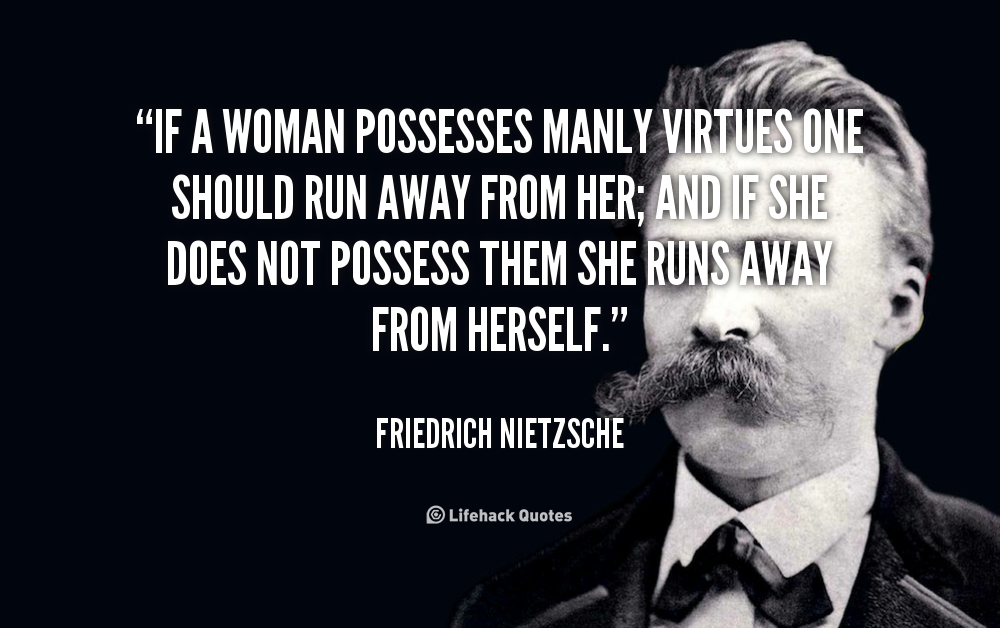

According to its etymology the word virtue (Latin virtus) signifies manliness or courage

Can a body be active? Do certain seminal virtues exist in bodies? Are the heavenly bodies the causes of what is done here by the inferior bodies? Are they the cause of human acts? Are demons subject to their influence? Do the heavenly bodies impose necessity on those things which are subject to their influence?

A Year with the Saints TAN BOOKS and PUBLISHERS December: Union Qui manet in charitate, in Deo manet, et Deus in eo—-Who abideth in charity, abideth in God,
Close encounters of the special kind with Padre Pio’s mind and soul . Padre Pio’s own words about himself “I’m a mystery to myself.” “My …
Virtue Ethics. Virtue ethics is a broad term for theories that emphasize the role of character and virtue in moral philosophy rather than either doing one’s duty or acting in order to bring about good consequences. A virtue ethicist is likely to give you this kind of moral advice: “Act as a virtuous person would act in your situation.”

excerpts from a an article on the nature of racism by Ayn Rand
Virtue (Latin: virtus, Ancient Greek: ἀρετή “arete”) is moral excellence.A virtue is a trait or quality that is deemed to be morally good and thus is valued as a foundation of principle and good moral being. Personal virtues are characteristics valued as promoting collective and individual greatness. The opposite of virtue is vice.. The four classic cardinal virtues …
Background. The Euthyphro dialogue occurs near the court of the archon basileus (king magistrate), where Socrates and Euthyphro encounter each other; each man is present at the court for the preliminary hearings to possible trials (2a).. Euthyphro has come to present charges of murder against his own man who, after arresting one of his …
Virtue Epistemology. Virtue epistemology is a collection of recent approaches to epistemology that give epistemic or intellectual virtue concepts an …




MORAL VIRTUES INTEGRAL PARTS OF PRUDENCE (KNOWING THE MEANS TO ATTAIN THE END) 1. Memory (Memoria): the Virtue by Which One Remembers the Right Things Pertaining to the Action and its Circumstances 2. Understanding (Intellectus): the Ability to Grasp Practical Principles and the Nature of Various
Recent Comments